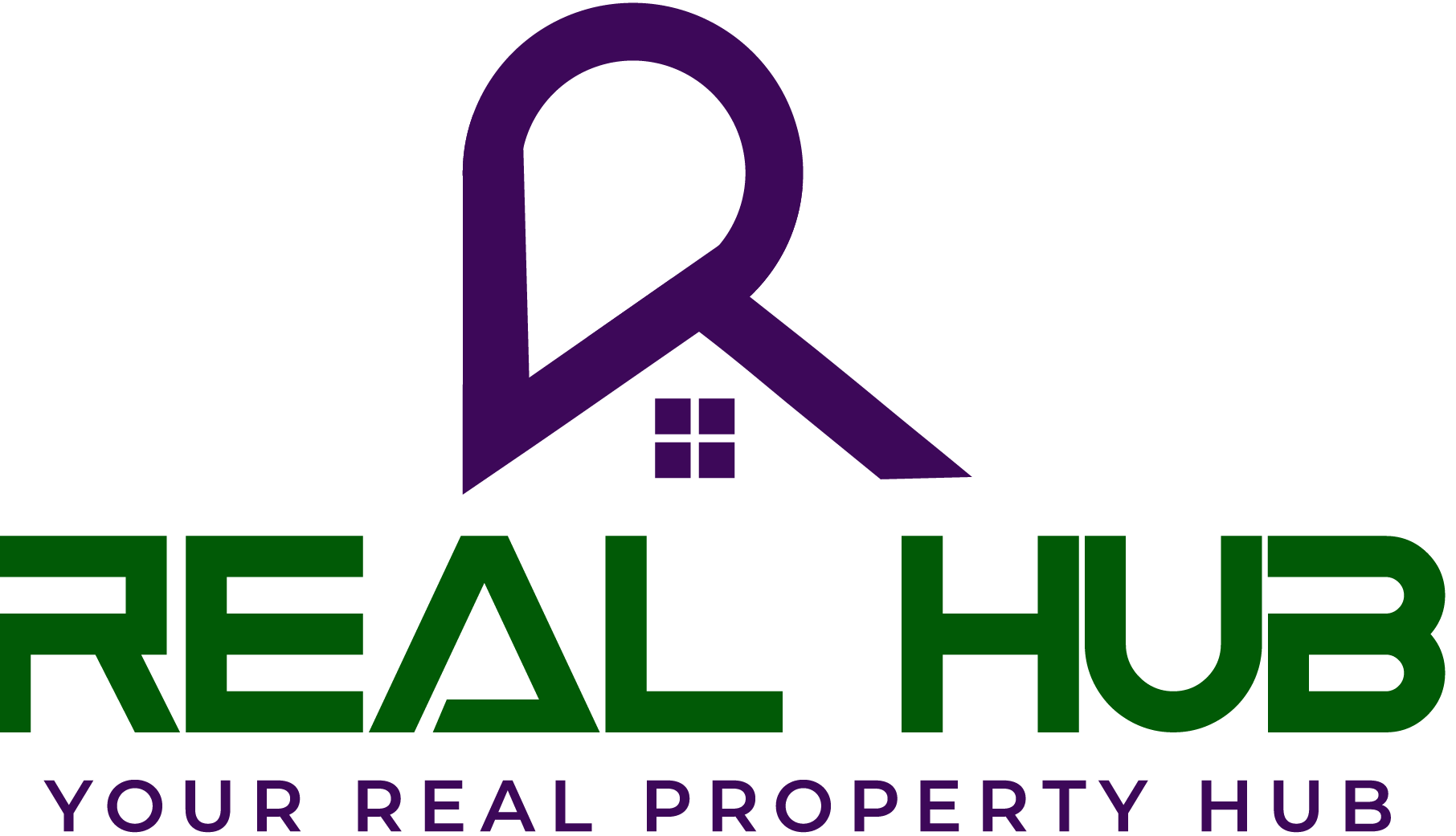Guide to Real Estate Crowdfunding in Kenya: A New Way to Invest
Real estate investment has long been a reliable avenue for wealth creation, but traditional methods often require significant capital outlays, making it inaccessible for many individuals. Enter Real Estate Crowdfunding—a revolutionary approach that allows multiple investors to pool their resources and collectively invest in property ventures. This innovative model is gaining traction in Kenya, offering a new way to invest in the lucrative real estate market without the need for substantial upfront capital.
In this guide, we’ll explore the concept of real estate crowdfunding, how it works, the benefits and risks, and its potential impact on Kenya’s real estate landscape.
What is Real Estate Crowdfunding?
Real estate crowdfunding is a financing method that enables individuals to invest in property projects through online platforms. Instead of purchasing a property outright, investors can buy shares or contribute to a collective fund that finances real estate developments.
Key Features of Real Estate Crowdfunding
- Accessibility: Allows small investors to participate in real estate ventures.
- Diversification: Investors can spread their capital across multiple projects, reducing risk.
- Technology-Driven: Operates through digital platforms, making it easy to manage investments.
Types of Real Estate Crowdfunding
There are two main types of real estate crowdfunding models:
- Equity-Based: Investors own a share of the property and earn returns through rental income or property appreciation.
- Debt-Based: Investors lend money to developers and earn fixed interest on their investment.
Why Real Estate Crowdfunding is Gaining Popularity in Kenya
The concept of real estate crowdfunding has gained significant traction in Kenya due to several factors:
1. High Demand for Affordable Housing
Kenya faces a housing deficit, with demand for affordable homes far outstripping supply. Real estate crowdfunding offers an innovative solution to bridge this gap by financing large-scale developments.
- Government Support: Initiatives like the Affordable Housing Program align with crowdfunding efforts, making it easier for developers to raise capital for housing projects.
2. Digital Transformation
The rise of digital platforms and mobile money solutions such as M-Pesa has made it easier for Kenyans to participate in crowdfunding initiatives. Investors can now fund real estate projects with just a few clicks, eliminating traditional barriers.
3. Diversification Opportunities
Kenyan investors are increasingly seeking ways to diversify their portfolios. Real estate crowdfunding allows them to invest in property without the burden of full ownership, reducing risk while maintaining exposure to the lucrative real estate market.
How Real Estate Crowdfunding Works
1. Choosing a Crowdfunding Platform
Investors begin by selecting a real estate crowdfunding platform. In Kenya, platforms like Hisa, Brickfy, and Real Crowd Africa have emerged as popular options, each offering unique investment opportunities.
2. Evaluating Investment Opportunities
Once registered, investors can browse available projects on the platform. These projects range from residential developments to commercial properties and land acquisition ventures.
- Transparency: Platforms provide detailed information about each project, including expected returns, risks, and timelines.
- Investment Minimums: Many platforms allow investments starting as low as KES 10,000, making real estate accessible to a wider audience.
3. Making an Investment
After selecting a project, investors contribute funds through the platform. This can be done via mobile money, bank transfers, or other digital payment methods.
- Shared Ownership: Investors own a proportional share of the property or project based on their contribution.
- Return on Investment (ROI): Returns are distributed as rental income, property appreciation, or interest payments, depending on the project type.
4. Monitoring Progress
Investors can monitor the progress of their projects through the platform. Updates may include construction milestones, financial reports, and market trends.
Benefits of Real Estate Crowdfunding in Kenya
Real estate crowdfunding offers numerous advantages, making it an attractive option for both investors and developers.
1. Lower Barriers to Entry
Unlike traditional real estate investments, which require significant capital, crowdfunding allows individuals to invest with minimal funds. This democratizes access to the real estate market.
2. Portfolio Diversification
Investors can spread their capital across multiple projects, reducing the risk associated with investing in a single property. For example, one could invest in residential housing in Nairobi and commercial developments in Mombasa simultaneously.
3. Passive Income
Equity-based crowdfunding offers investors the opportunity to earn rental income without the hassle of property management. Developers handle all operational aspects, allowing investors to enjoy passive returns.
4. Transparency and Accountability
Crowdfunding platforms provide detailed project information, ensuring transparency and enabling investors to make informed decisions. Regular updates and financial reports foster accountability.
5. Boosting Local Development
By pooling resources, real estate crowdfunding facilitates the development of housing, commercial spaces, and infrastructure, contributing to Kenya’s economic growth.
Risks of Real Estate Crowdfunding
Despite its advantages, real estate crowdfunding is not without risks. Investors should be aware of the potential downsides before committing their funds.
1. Market Volatility
Real estate values can fluctuate due to economic conditions, political instability, or market trends, affecting the profitability of investments.
2. Project Delays
Construction projects may face delays due to unforeseen challenges such as regulatory approvals, funding shortages, or material shortages.
3. Limited Liquidity
Unlike publicly traded assets, real estate crowdfunding investments are illiquid. Investors may need to hold their investments for several years before realizing returns.
4. Platform Risks
The success of a crowdfunding investment depends on the platform’s credibility and efficiency. Investors should choose platforms with a proven track record and robust security measures.
Legal and Regulatory Framework for Real Estate Crowdfunding in Kenya
The legal and regulatory environment plays a crucial role in ensuring the success and sustainability of real estate crowdfunding in Kenya.
1. Capital Markets Authority (CMA)
The CMA regulates crowdfunding platforms in Kenya, ensuring they operate transparently and adhere to industry standards. Platforms must be licensed and compliant with CMA guidelines.
2. Land Laws and Property Ownership
Investors should be aware of Kenya’s land ownership laws, including restrictions on foreign ownership and zoning regulations. Platforms should conduct due diligence to ensure compliance.
3. Tax Implications
Returns from real estate crowdfunding investments may be subject to taxes such as income tax and capital gains tax. Investors should consult tax experts to understand their obligations.
Tips for Successful Real Estate Crowdfunding Investments
To maximize returns and minimize risks, investors should adopt a strategic approach to real estate crowdfunding.
1. Research the Platform
Choose a reputable platform with a proven track record, robust security measures, and positive user reviews. Verify that the platform is licensed by the CMA.
2. Diversify Your Investments
Spread your investments across multiple projects to reduce risk and increase the likelihood of returns.
3. Understand the Risks
Familiarize yourself with the risks associated with real estate crowdfunding, including market volatility, project delays, and liquidity constraints.
4. Monitor Your Investments
Stay informed about the progress of your projects through regular updates from the platform. Engage with other investors and developers for insights.
The Future of Real Estate Crowdfunding in Kenya
Real estate crowdfunding has the potential to revolutionize Kenya’s property market, making it more inclusive and accessible. As the sector grows, we can expect:
- Increased Regulation: Enhanced oversight by the CMA to protect investors and promote transparency.
- Technological Advancements: Improved platforms with features like AI-driven analytics and blockchain technology for secure transactions.
- Greater Adoption: Wider acceptance among investors and developers as awareness grows.
Conclusion
Real estate crowdfunding offers a unique opportunity to invest in Kenya’s thriving property market without the need for substantial capital. By pooling resources, investors can access lucrative projects, earn passive income, and contribute to local development.
As the sector continues to evolve, real estate crowdfunding is set to become a cornerstone of Kenya’s real estate investment landscape. With proper research and strategic planning, this innovative model can unlock new opportunities for both seasoned and novice investors.



